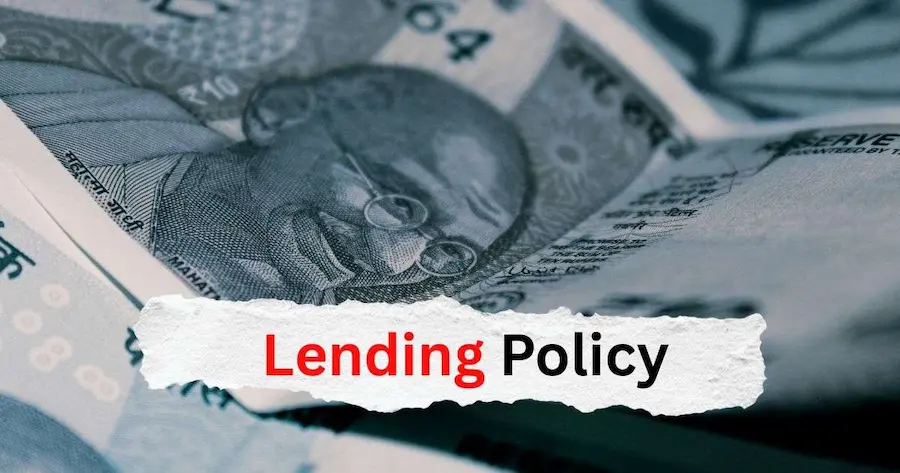India’s financial landscape is undergoing a significant transformation, driven by the Reserve Bank of India’s (RBI) commitment to fostering fairness, transparency, and borrower safety. While the original article focuses on broad lending policies, these very guidelines have a profound impact on how loan settlements are approached and executed. Borrowers now have a more empowered position when facing financial difficulties that might lead to a loan settlement.
Here’s how the latest RBI policy updates specifically impact loan settlement for borrowers:
1. Transparency and Consent in Settlement Offers:
The RBI’s mandate for clear, written communication of all charges extends to loan settlements. This means that if a lender offers a settlement, they must clearly outline:
- The exact settlement amount: No hidden charges can be levied post-agreement.
- Any associated fees: This includes processing fees for the settlement, if any.
- The impact on your credit score: Lenders are expected to be transparent about how a “settled” status will appear on your credit report, distinguishing it from “paid in full.”
- Explicit consent: You must provide clear consent before any settlement agreement is finalized, ensuring you fully understand the terms.
2. Ethical Recovery Practices Extend to Settlement Discussions:
The RBI’s strengthened guidelines for ethical recovery practices are crucial when discussing loan settlements. This means:
- No abusive or threatening language: Recovery agents, even when discussing settlement options, cannot use aggressive or intimidating tactics.
- Time restrictions: Recovery agents cannot contact you outside of 7 AM to 7 PM, ensuring you’re not pressured at inconvenient hours.
- No public shaming: Your privacy must be respected, and no tactics that publicly shame you can be employed.
- Full disclosure of identity: If a recovery agency is involved in settlement discussions, they must clearly identify themselves.
Borrowers can and should report any violations to the RBI or initiate legal action under harassment laws, even during settlement negotiations.
3. Enhanced Grievance Redressal for Settlement Issues:
The Integrated Ombudsman Scheme is a powerful tool for borrowers facing issues with loan settlements. If you feel a lender is not adhering to fair practices during a settlement negotiation, or if there are disputes regarding the terms or implementation of a settlement, you can:
- File a complaint through this unified platform, making the process easier and aiming for faster resolution.
- This covers complaints related to loans from banks, NBFCs, and payment platforms, ensuring a wide reach for redressal.
4. Board-Approved Policies for Loan Settlement:
Recent RBI guidelines for Asset Reconstruction Companies (ARCs), which often handle distressed loans and settlements, emphasize that:
- ARCs must have board-approved policies for settlement of dues. This means there’s a structured framework the lender must follow, covering aspects like eligibility for one-time settlements and the methodology for calculating the settlement amount.
- Settlements should only be considered after all possible ways to recover the dues have been examined, and settlement is deemed the best available option. This indicates a more considered approach by lenders before offering a settlement.
- For larger loan amounts (e.g., above ₹1 crore for ARCs), an Independent Advisory Committee (IAC), consisting of professionals with technical, financial, or legal backgrounds, might be involved in examining the settlement proposal. This adds an extra layer of scrutiny and fairness.
What This Means for You (the Borrower) in Loan Settlement:
- More Informed Decisions: With increased transparency, you have the right to demand and receive complete information about any settlement offer, allowing you to make a truly informed decision.
- Protection from Harassment: The strict guidelines on recovery practices empower you to resist unethical tactics during settlement discussions.
- Clearer Channels for Grievances: If you encounter unfair practices during the settlement process, the Ombudsman scheme provides a robust mechanism for complaint resolution.
- Potential for Fairer Terms: While a settlement is not a right, the RBI’s focus on structured, board-approved policies for lenders in handling distressed assets may lead to more standardized and potentially fairer settlement offers.
- Understanding the Credit Impact: While a settlement can offer immediate relief, remember that it typically results in a “settled” status on your credit report, which will impact your creditworthiness for several years. Be sure to understand this consequence clearly from the lender.
In conclusion, India’s evolving lending policies are not just about new loans; they significantly influence the entire loan lifecycle, including how defaults are handled and how settlements are offered. This shift towards fairness, clarity, and borrower dignity means you have stronger rights and greater protection even when facing challenging financial situations. Understanding these new standards empowers you to negotiate, question, and choose wisely when considering a loan settlement. Contact Us.



